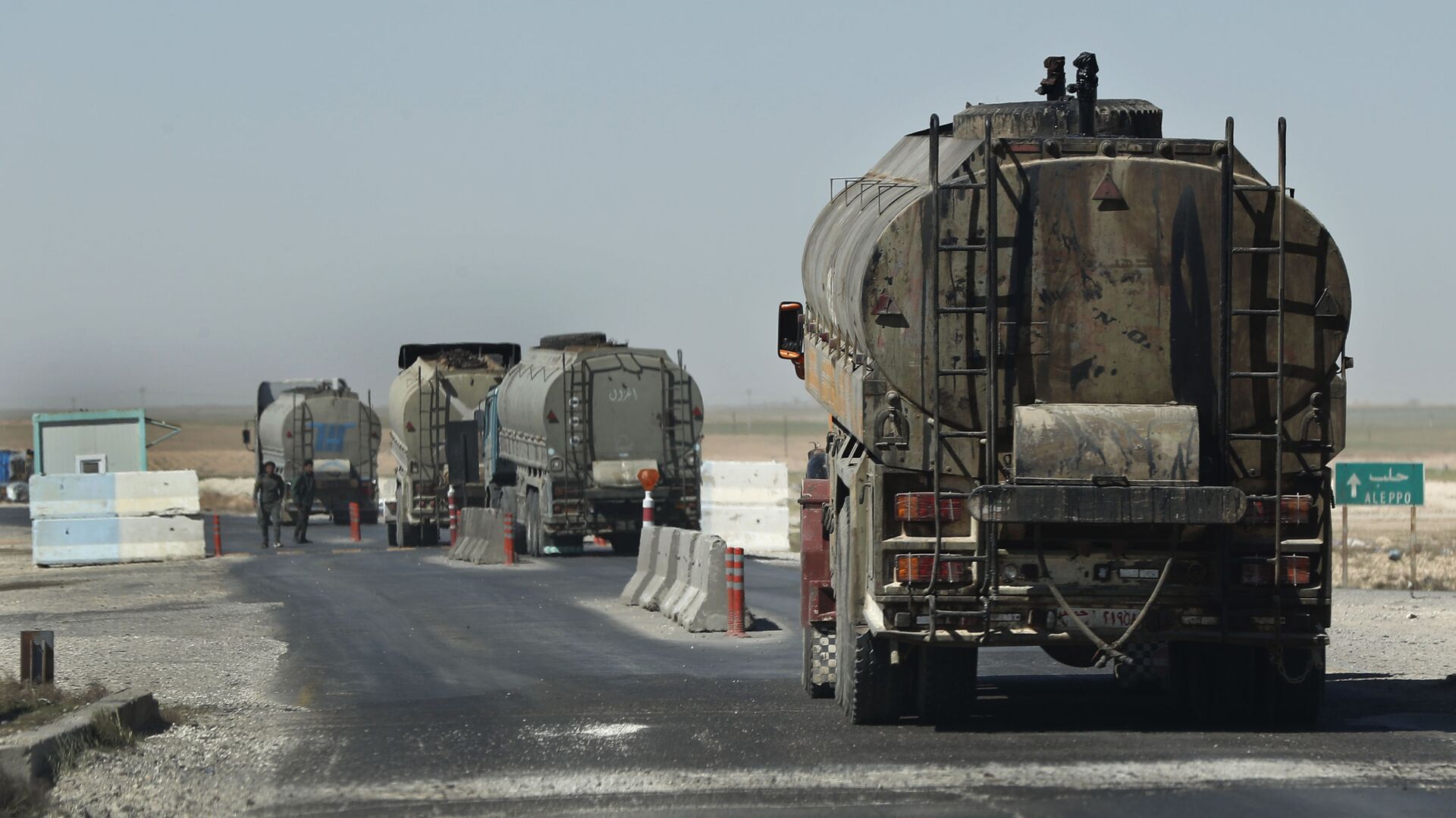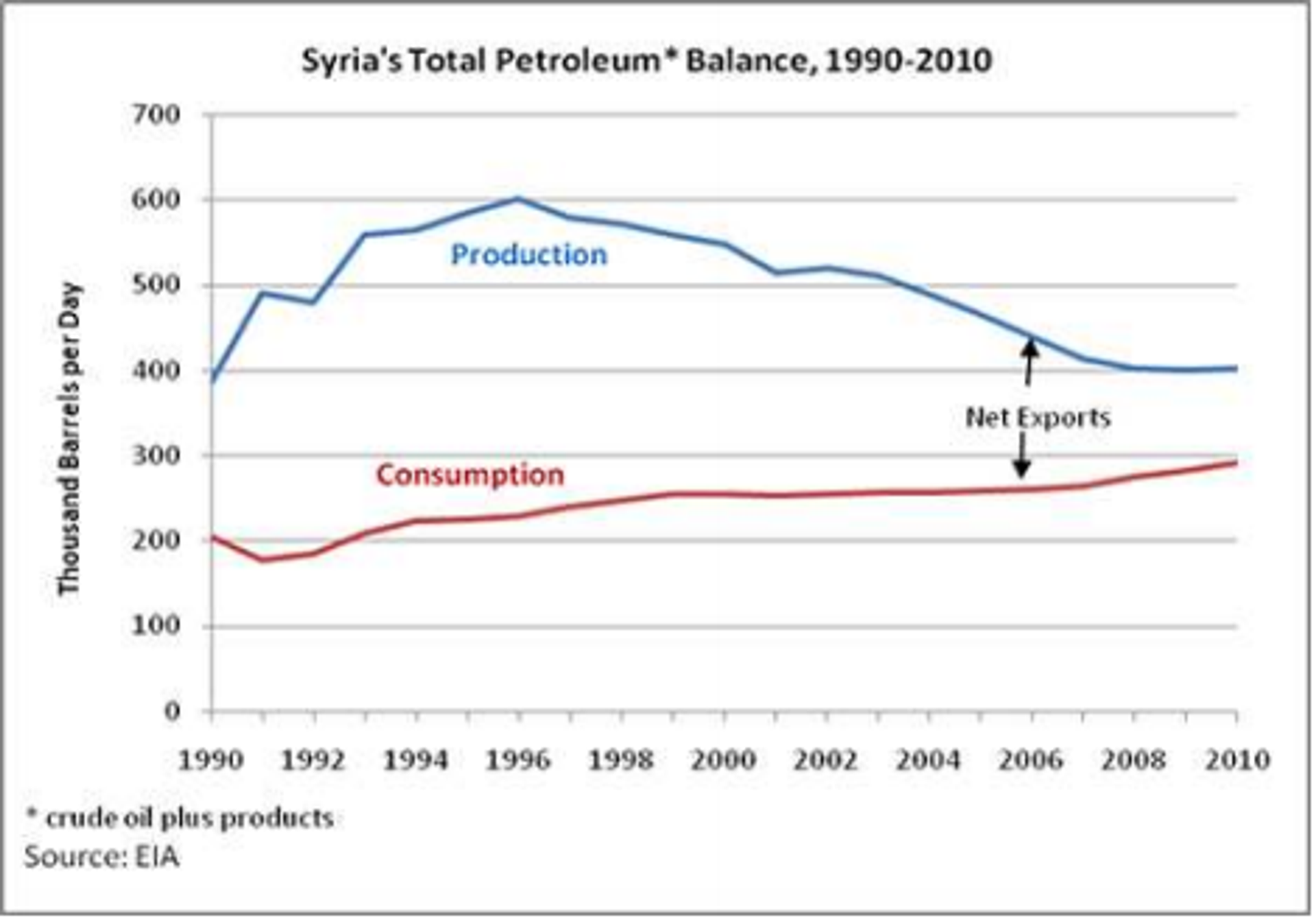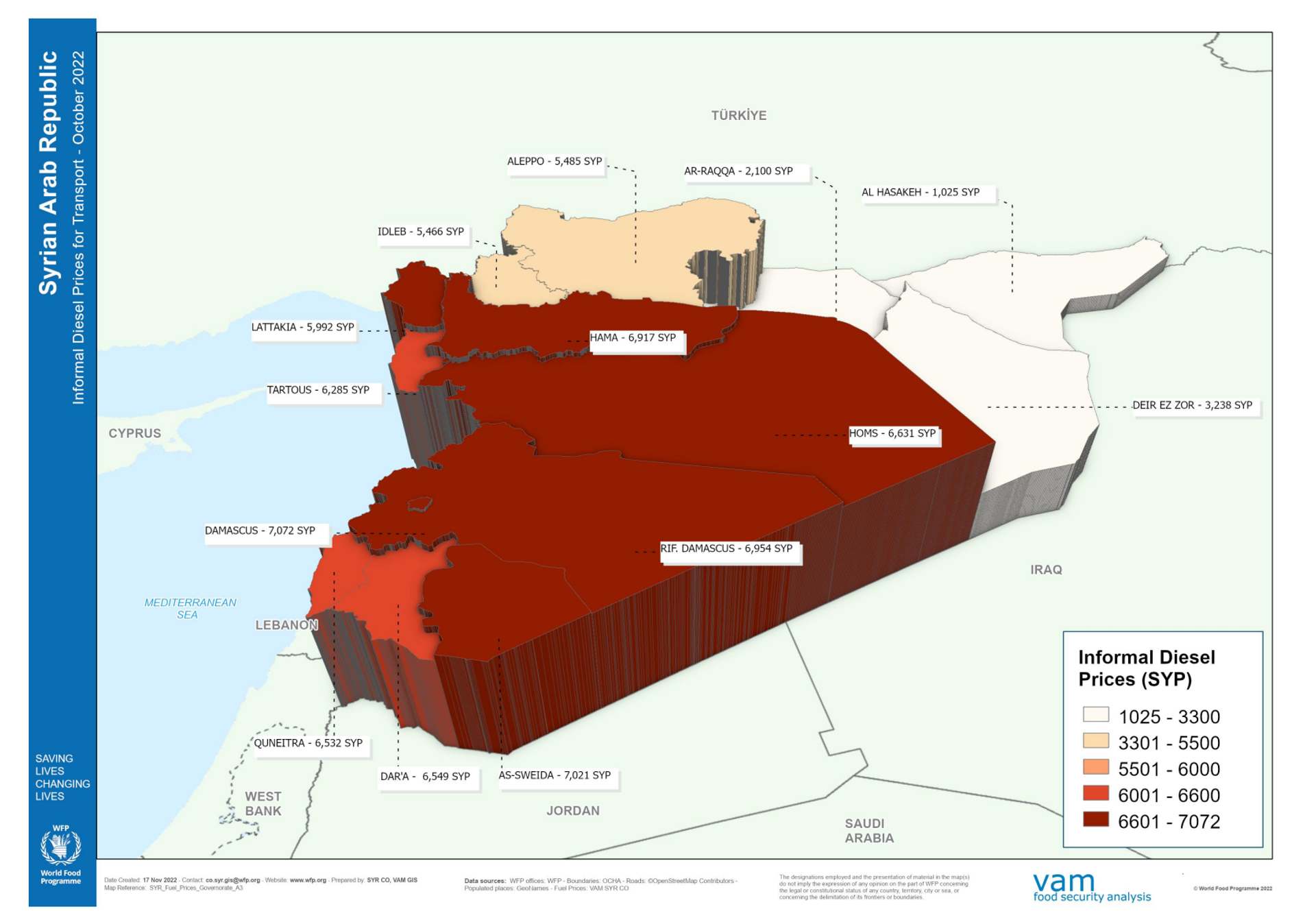https://sputnikglobe.com/20221208/us-theft-of-syrian-oil-driving-diesel-prices-sky-high-in-areas-of-government-control-1105239001.html
US Theft of Syrian Oil Driving Diesel Prices Sky-High in Areas of Government Control
US Theft of Syrian Oil Driving Diesel Prices Sky-High in Areas of Government Control
Sputnik International
Recent reports in Western media have drawn attention to the fuel crisis in Syria, where the government is still struggling to recover from a civil war driven... 08.12.2022, Sputnik International
2022-12-08T17:49+0000
2022-12-08T17:49+0000
2023-01-08T16:47+0000
world
us sanctions
occupied territories
petroleum
diesel fuel
syria
https://cdn1.img.sputnikglobe.com/img/107720/71/1077207187_0:215:2879:1834_1920x0_80_0_0_04311c4faddac79b323102239da8d7ca.jpg
According to the reports, the price of diesel fuel is so high in Syria that many are using alternative fuels to cook and stay warm, including firewood and nut shells, which provide more energy that diesel.According to UN World Food Program data, in October 2022, the price of diesel in Damascus, Homs, Latakia, and Hama governorates was twice that in Deir ez-Zor and six times that seen in al-Hasakah.However, this price hike hasn’t come in a vacuum: Syria’s domestic oil output has almost totally disappeared since the civil war started in 2011, severing the country into factions competing to overthrow the government of Syrian President Bashar al-Assad. While Assad has reasserted control over most of the country west of the Euphrates River, aside from parts of Idlib Governorate occupied by Turkish-backed Islamist rebels, it has continued to be deprived of the oil-reach eastern provinces, where US-backed Kurdish forces hold sway.In five days in August 2022 alone, 398 tanker trucks worth of crude oil were taken by US forces in this way. Assuming the trucks had an average cargo capacity of 7,300 gallons each, that amounts to 2.2 million gallons, or 52,380 barrels of crude oil.The loss of oil revenue, as well as the ongoing economic crisis caused by restrictive US sanctions and regular air attacks by Israeli fighter jets, have shrunk the Syrian government’s financial resources.As a consequence, the Syrian government has been forced to begin passing some of its previously public services to the private sector. In October, Damascus began allowing private investment into electricity, with Electricity Minister Ghassan Al-Zamil noting it was specifically in reaction to the harmful effects of US sanctions.Compounding the economic crisis was a failure of Syria’s wheat and barley crops amid a persistent drought. The government responded by buying grain from farmers at above-market prices, but the food shortfall has been amplified by a rise in grain prices around the globe as a result of the conflict in Ukraine, where Kiev has withheld grain shipments. Kiev has claimed that Moscow’s special operation has made the shipments unsafe, but it has been Ukraine, not Russia, that has used a special safety corridor for grain transport ships as a way to attack the Russian naval base in Sevastopol, Crimea, using drones.The grain crisis has been especially acute for arid Middle Eastern states like Syria and Egypt, which import large amounts of grain every year to meet their population’s needs. In August, Egypt hosted an “Arab Unity” summit aimed at finding regional solutions to crises like that of grain prices, and Cairo has since imposed electricity rationing to conserve fuel so it can concentrate its foreign currency reserves on buying food.*Al-Qaeda, Daesh: terrorist groups banned in Russia and many other countries
syria
Sputnik International
feedback@sputniknews.com
+74956456601
MIA „Rossiya Segodnya“
2022
News
en_EN
Sputnik International
feedback@sputniknews.com
+74956456601
MIA „Rossiya Segodnya“
Sputnik International
feedback@sputniknews.com
+74956456601
MIA „Rossiya Segodnya“
us sanctions, occupied territories, petroleum, diesel fuel, syria
us sanctions, occupied territories, petroleum, diesel fuel, syria
US Theft of Syrian Oil Driving Diesel Prices Sky-High in Areas of Government Control
17:49 GMT 08.12.2022 (Updated: 16:47 GMT 08.01.2023) Recent reports in Western media have drawn attention to the fuel crisis in Syria, where the government is still struggling to recover from a civil war driven by Western-backed Islamist rebels, Al-Qaeda, and Daesh*. However, essential context is missing about the severing of Syria’s domestic petroleum industry by an ongoing US occupation.
According to the reports, the price of diesel fuel is so high in Syria that many are using alternative fuels to cook and stay warm, including firewood and nut shells, which provide more energy that diesel.
"You can always find almond and pistachio shells. With diesel we suffer from the high prices, and it's not available," Mohammad Kaweir, a state employee from Hama province, was quoted as saying.
According to UN
World Food Program data, in October 2022, the price of diesel in Damascus, Homs, Latakia, and Hama governorates was twice that in Deir ez-Zor and six times that seen in al-Hasakah.
However, this price hike hasn’t come in a vacuum: Syria’s domestic oil output has almost totally disappeared since the civil war started in 2011, severing the country into factions competing to overthrow the government of Syrian President Bashar al-Assad. While Assad has reasserted control over most of the country west of the Euphrates River, aside from parts of Idlib Governorate occupied by Turkish-backed Islamist rebels, it has continued to be deprived of the oil-reach eastern provinces, where US-backed Kurdish forces hold sway.
In 2011, Syria’s oil industry produced 385,000 barrels of crude oil per day, with most of it being pumped by fields in Deir ez-Zor and al-Hasakah governorates. Pipelines carried the crude west to refineries on the Mediterranean coast. However, since 2018, the Kurdish-dominated Syrian Democratic Forces (SDF), backed by a garrison of US troops, have controlled the area east of the Euphrates, and American trucks have ushered the petroleum out of the country via Iraq.
In five days in August 2022 alone,
398 tanker trucks worth of crude oil were taken by US forces in this way. Assuming the trucks had an average cargo capacity of 7,300 gallons each, that amounts to 2.2 million gallons, or 52,380 barrels of crude oil.
The loss of oil revenue, as well as the ongoing economic crisis caused by restrictive US sanctions and regular air attacks by Israeli fighter jets, have shrunk the Syrian government’s financial resources.
In 2022, the government’s 2022 budget was for just $5.3 billion - a 22% reduction from its 2021 budget of $6.8 billion, and 40% lower than it was in 2020. Of that, $2.2 billion was for a social support program that includes subsidies on commodities like fuel, wheat, flour, sugar and rice. That’s down from $2.8 billion for that program in 2021.
As a consequence, the Syrian government has been forced to begin passing some of its previously public services to the private sector. In October, Damascus began allowing private investment into electricity, with Electricity Minister
Ghassan Al-Zamil noting it was specifically in reaction to the harmful effects of US sanctions.
On Wednesday, the Syrian Ministry of Internal Trade announced the price of diesel and petrol sold through one of its subsidiaries, BS Oil Services, would increase by nearly 100%, while fuel sold by another subsidiary, SADCOP, would remain the same. One Damascus resident told Qatari-funded outlet Middle East Monitor that he fears the government will soon begin privatizing the fuel sector, as it has electricity.
Compounding the economic crisis was a
failure of Syria’s wheat and barley crops amid a persistent drought. The government responded by buying grain from farmers at above-market prices, but the food shortfall has been amplified by a rise in grain prices around the globe as a result of the conflict in Ukraine, where Kiev has withheld grain shipments. Kiev has claimed that Moscow’s special operation has made the shipments unsafe, but it has been Ukraine, not Russia, that has
used a special safety corridor for grain transport ships as a way to attack the Russian naval base in Sevastopol, Crimea, using drones.
The grain crisis has been especially acute for arid Middle Eastern states like Syria and Egypt, which import large amounts of grain every year to meet their population’s needs. In August, Egypt hosted an
“Arab Unity” summit aimed at finding regional solutions to crises like that of grain prices, and Cairo has since
imposed electricity rationing to conserve fuel so it can concentrate its foreign currency reserves on buying food.
*Al-Qaeda, Daesh: terrorist groups banned in Russia and many other countries




